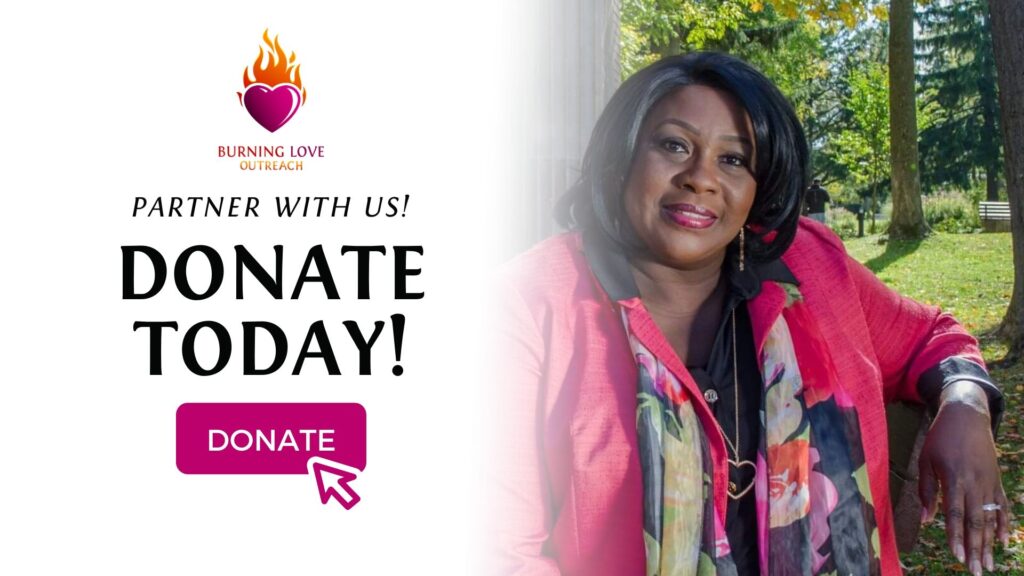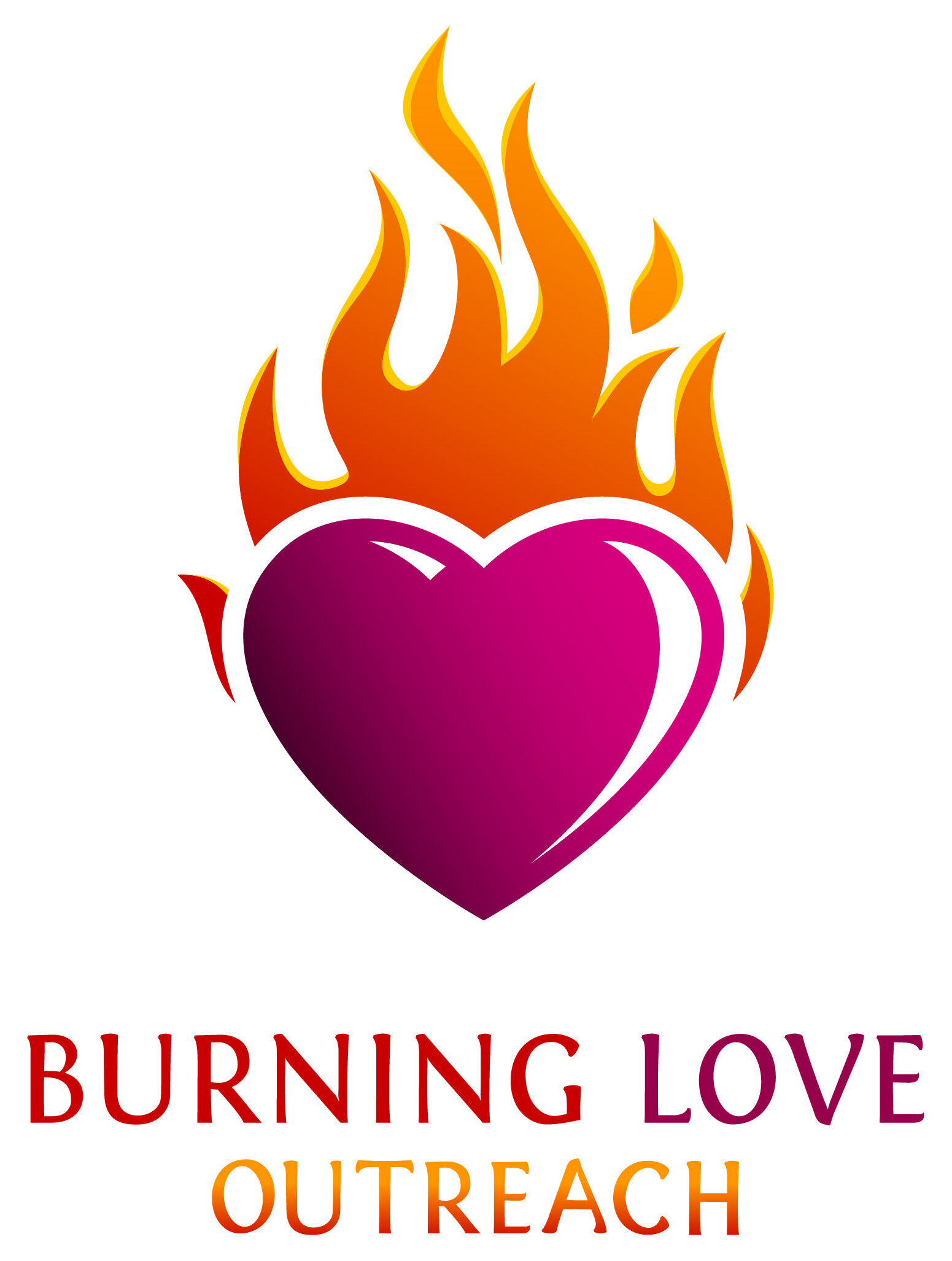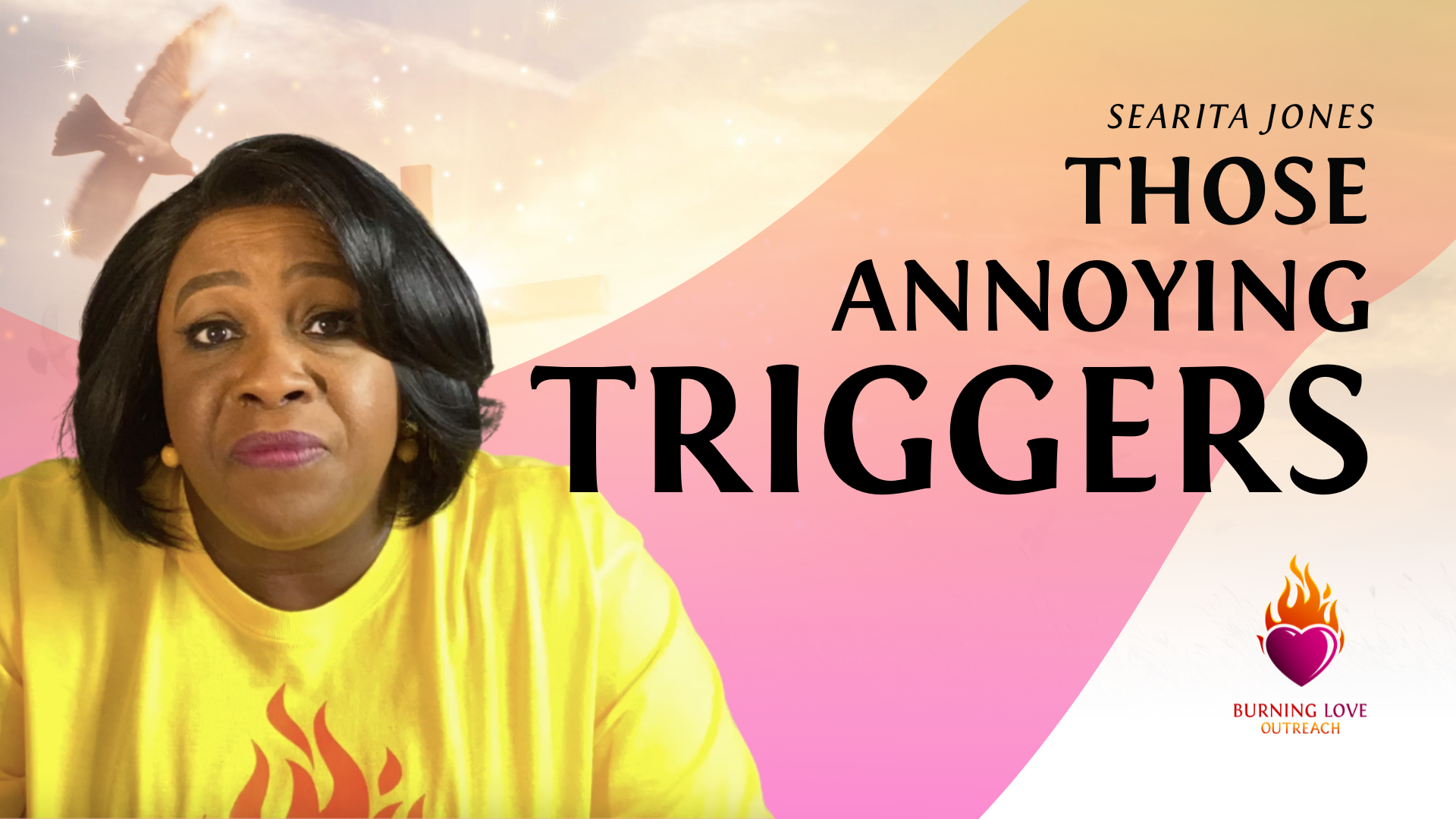We can’t express enough that it is not uncommon for individuals who struggle with addiction to relapse at least once in their recovery process. Don’t be surprised, because it may happen a few times before they finally get it right. But, it’s very important to know what actually causes you to relapse, and whatever that may be is known as a trigger or your triggers. These things could be stress, it could be people, it could be places, it could be negativity, or any type of challenging emotion. It could be seeing or sensing an object. It could be any of these things, just to name a few. But, after identifying your triggers, a plan must be put in place to help you to stay on track.
Stress Triggers
If it’s stress, this is one of the main causes of relapse. Many people who struggle with addiction, turn to their drug of choice when they are faced with stressful situations, especially if the substance was the person’s main coping mechanism. Now, I highly recommend making a list of people, places, things, or situations that cause excessive stress. Let’s just be realistic, life itself can be stressful, and you can’t make everything just disappear out of your life because it causes you stress. But, for example, you may have been in a bad relationship or you may have financial issues. Those are two of the main causes of stress that will just cause your stress to reach the max. We want to help you to be able to handle these situations.
People Triggers
Now, your trigger could be people. It could be places. People who participated in your addictive behavior could be triggers for relapse. Just like specific places, whenever you are reminded of your addiction, have ways of handling your feelings. I have something to do. For example, go out to dinner with a sponsor, read a book, connect with others from your support groups. They are available to help you be successful in your recovery. Now, sometimes negative emotions or feelings can be a trigger. At some point or another, we all have negative or challenging emotions. But, the key is how we deal with those emotions. Learn how to face your emotions without relapsing. You could try journaling. You could take a walk. You could talk to your counselor, therapist, or even praying when you have these feelings of negativity. Seeing or sensing an object may be a trigger for you. Anything that reminds you of your addiction is a trigger.
Looking at Recovery
Let’s look at recovery, not as a quitting, but as building a new life. Let’s just look at it as you building a new life. Reflect if you need to. Remind yourself of the negative consequences you experienced when you were using. Remember all the people that you hurt, all the relationships that you destroyed because of your drug use. Don’t forget that life brought you to nothing but pain, and that light brought you to nothing about pain and hardship. We want you to be able to embrace a healthier version of your life. Second Corinthians 5:17 states, “Therefore, if anyone is in Christ, he is a new creation. Old things have passed away, and behold, all things have become new.” This could be your new testimony.
Triggers During Holidays
The last trigger that we’ll talk about today is times of celebration. We know holidays, birthdays, they can be times of relapse, and you may be feeling happier, thinking I’m in control and you may be confident of everything, but the question is, are you really able to keep it together? Here’s a little warning. People who struggle with addiction frequently lose their capacity to know when to stop. This is a great time to have someone hold you accountable for your actions. Find someone that you trust and respect to kindly, but firmly, encourage you to stop what you’re doing if you do start to relapse. Put together a plan with your sponsor, with your counselor, or your therapist on how to handle temptations and these triggers. If you go into a situation unprepared, you’re more likely to relapse, so avoid going into situations alone where you are at high risk of a relapse.
Do everything you can to protect yourself from relapsing, but don’t beat yourself up if you slip and fall.
Hope with Burning Love Outreach
At Burning Love Outreach we believe if you fall off the horse, dust yourself off and get back on. With persistence, determination, and the right counseling, you should be able to defeat your triggers.
You can leave a prayer request, give a testimony or a praise report, because we love celebrating with you.


